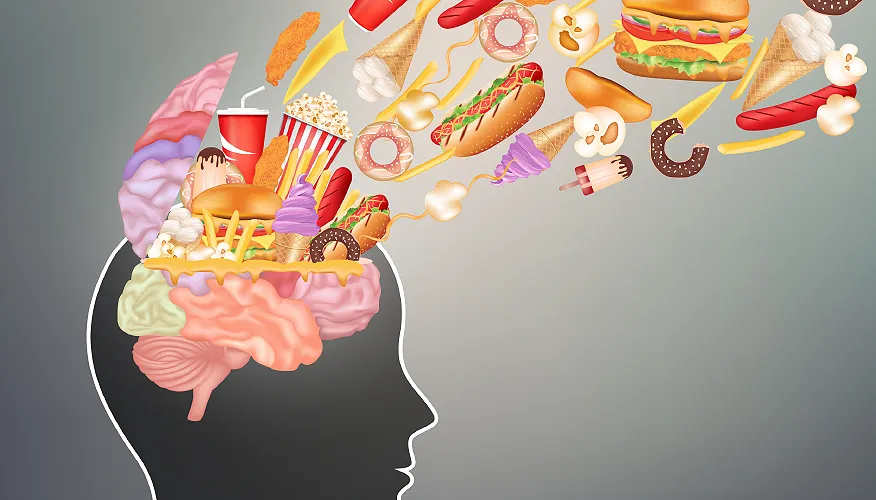In the contemporary, fast-moving society we inhabit, fast food is omnipresent. From the well-known drive-thru services to food delivery applications that satisfy our cravings right at home, it is evident that we share a profound affinity for fast food. But what drives this craving? Is it merely a matter of convenience, or is there a more complex psychological mechanism at play that compels us to reach for that burger and fries when hunger arises?
The desire for fast food extends beyond simple hunger; it engages our psychological needs, including instant gratification, comfort, and even a sense of community. Let us explore the primary psychological elements that render fast food so appealing.
1. Instant Gratification: The Mechanism of Reward
Humans are inherently inclined towards instant gratification, and fast food effectively fulfills this essential need. The urge for something quick and satisfying aligns with the functioning of our brain’s reward system. When you savor a delicious burger or enjoy a crispy fry, your brain releases dopamine—the chemical associated with pleasure. This same chemical is triggered by experiences such as receiving likes on social media, shopping, or even substance use. Dopamine reinforces the behavior, leading to a repeated desire for the experience.
Fast food establishments have mastered the delivery of rapid rewards. Meals are prepared in mere minutes, providing immediate satisfaction without the time commitment required for home-cooked dishes. This swift gratification is particularly appealing in a world characterized by its fast pace.
2. The “Golden Arches” of Nostalgia: A Source of Comfort
Have you ever felt a sense of comfort when visiting a fast food restaurant? For many, the iconic golden arches of McDonald’s or the vibrant red and yellow of a KFC outlet evoke nostalgic feelings. It is not solely about the food; it encompasses the atmosphere, branding, and the memories tied to these locations.
Fast food brands strategically employ marketing techniques that resonate with our yearning for consistency and familiarity. This explains why we often seek out comfort foods: the familiarity they provide is deeply satisfying.
3. The Influence of Salt, Sugar, and Fat: The Chemical Appeal
Fast food is meticulously designed to provide an ideal blend of salt, sugar, and fat. These components trigger intense cravings in the brain. Salt and fat activate the pleasure centers, resulting in feelings of happiness and contentment. Conversely, sugar serves as a rapid energy source that our bodies yearn for, particularly during moments of fatigue or stress.
The fast food sector is well aware of this phenomenon. This understanding is why numerous fast food products are engineered to be exceptionally appealing—flavorfully seasoned and often crafted to be hard to resist. Whether it’s the salty fries, the sweet soda, or the rich sauces, these items initiate biochemical responses that compel us to consume more. Over time, this can lead to a form of “food addiction,” where we continuously seek the pleasure these foods offer.
4. The Role of Marketing and Social Influence: How Advertisements Shape Our Cravings
Another significant contributor to our fast food cravings is the immense impact of marketing. Fast food companies invest billions annually in advertising that resonates with consumers’ emotions, desires, and social needs. Consider the catchy jingles or the visuals of perfectly arranged burgers—they are strategically created to evoke the thought, “I want that immediately.”
These advertisements also have a social influence. When friends propose a fast food outing, our thoughts extend beyond the food itself to the social experience involved. As social beings, we often feel inclined to partake when we observe others enjoying fast food, whether due to convenience or the association with social connection. The desire to fit in with a group or to align with a shared choice intensifies our inclination to indulge in fast food.
5. Stress and Emotional Eating: Finding Solace in Food
For many individuals, food serves as a source of emotional solace during periods of stress, anxiety, or sadness. Fast food, known for its ability to provide immediate satisfaction and comfort, becomes a convenient option. Research indicates that when people experience emotional distress, they often turn to food for relief.

